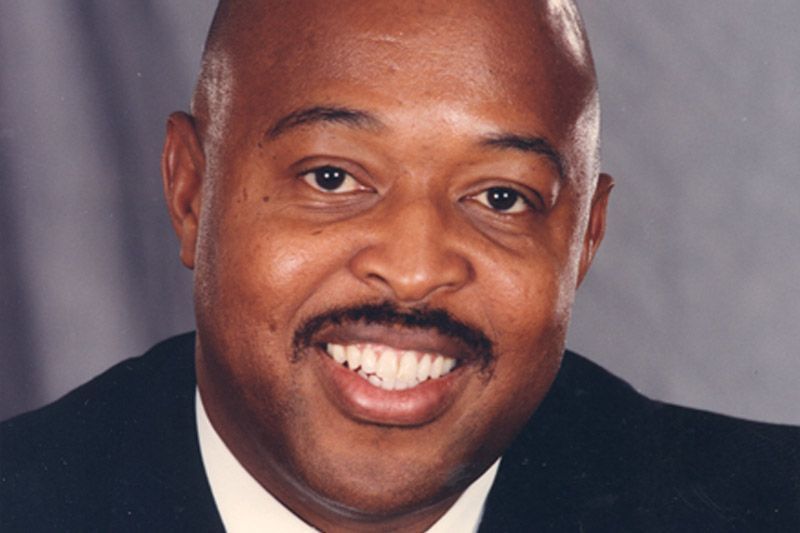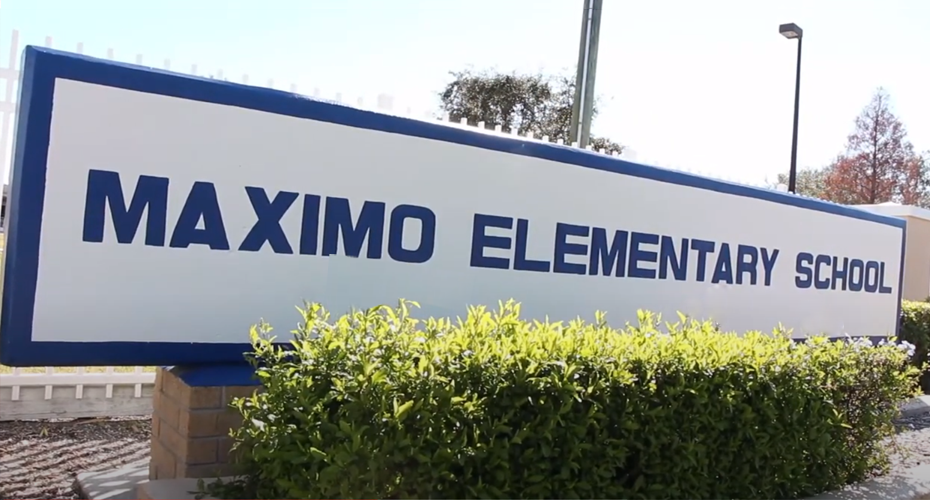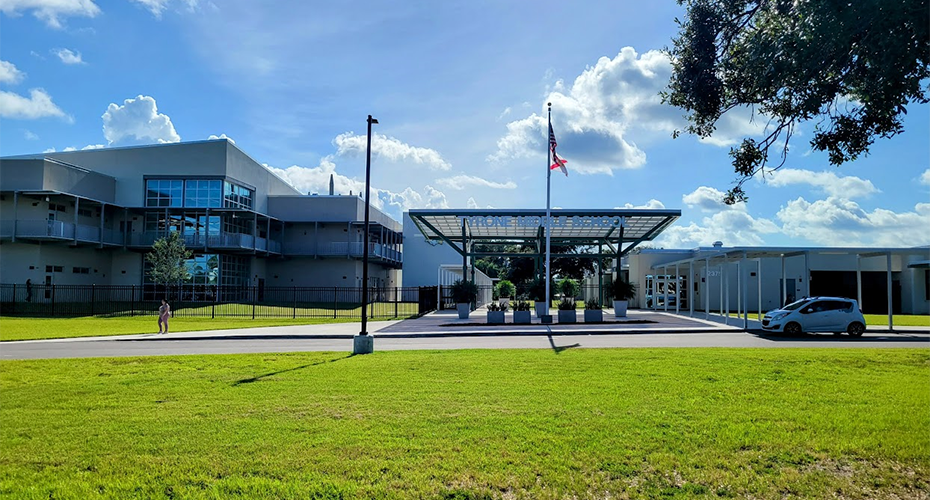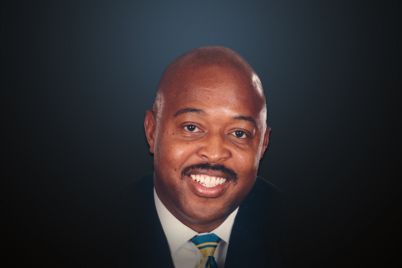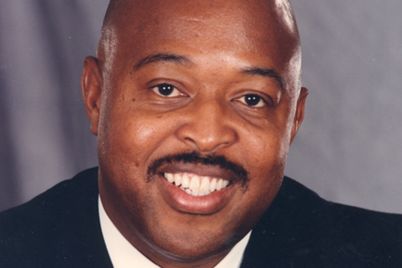‘Building a solid educational foundation is contingent on skilled workers and practitioners as well, including, first and foremost, parents, teachers, principals, district administrators and elected officials,’ said Dr. Goliath Davis.
GOLIATH J. DAVIS, III, Ph.D. | Contributor
ST. PETERSBURG — Individuals involved in the construction trade often remind me that laying a strong foundation is a fundamental construction principle. Quality building materials are also necessary, but skilled workers and practitioners are more essential to constructing a sound foundation.
This metaphor has significant relevance for education.
Building a solid educational foundation is contingent on skilled workers and practitioners as well, including, first and foremost, parents, teachers, principals, district administrators and elected officials. Once conceived, mothers are the vessels responsible for ensuring the embryo resides in a safe environment free from toxins, drugs, and alcohol – all substances that may harm the embryo and hinder brain development. Diet and prenatal care are also essential.
We know from the research of Dr. James McHale of the University of South Florida and other scholars that ages 0-3 are essential for brain development and highly determinant of a child’s future academic performance. The Juvenile Welfare Board is currently running effective ads emphasizing this point.
When parents enroll their children into pre-kindergarten, kindergarten and elementary school, teachers assume an enormous responsibility for continuing the construction of a critical educational foundation upon which to build successful learning and academic growth. Scholars leaving third grade with reading difficulties experience educational challenges for the remainder of their school careers.
I have the utmost respect and admiration for teachers. Like police officers and nurses, they are among the first to see and experience profound societal changes and their ultimate consequences. On the other hand, some elected officials enact laws and policies that make it difficult to construct sound educational foundations.
The current culture wars in America have exacerbated the problem. For example, teacher hiring and retention is difficult in our country, and given I am a Floridian, one can argue it is becoming nearly impossible in Florida given the current political climate.
I recently reviewed data on the number of substitute teachers working in Pinellas County’s Transformation Zone (18 schools), where there is a concentrated effort to address the achievement gap through a laser focus on underachieving scholars. The data also indicates whether the subs are certified teachers.
As of Sept. 27, 26 substitute teachers are working in the Transformational Zone. Twenty-three substitutes are long-term, and the largest number of subs (18) work in elementary T Zone schools. Middle Schools in the Transformational Zone reported eight substitute teachers, of which seven are long-term and one is short-term.
The majority of the substitute positions are filled with non-certified teachers. Only one of the 18 elementary substitute teachers is certified; the same is true for the eight middle school subs. The grade levels at which the long-term, non-certified elementary subs are working could be problematic for laying a solid educational foundation on which to build.
One sub is working with ESE scholars, one is working at the Pre-K level, and another is assigned to kindergarten. The remainder of the elementary substitute teachers are assigned as follows: first grade (2), second grade (1), third grade (4), fourth grade (3) and fifth grade (5).
Fairmont Park Elementary has the largest number (5) of long-term substitute teachers, followed by Maximo Elementary (4) and Lakewood Elementary (3). John Hopkins leads all the Middle School Transformation Zone schools with five of the eight reported subs. It is also the only middle school with a certified substitute teacher.
Unfortunately, Gulfport Elementary lost two fifth-grade teachers last week, and Maximo Elementary released two teachers.
In keeping with the construction metaphor and the guidance of my subject matter expert on how to pour a solid foundation upon which to build a structure, I question whether the wide use of non-certified substitute teachers during the formative years of elementary school is a sound practice.
I fully understand the district’s dilemma and that some non-certified substitutes may be just as effective, and in some cases, more so than some of their certified counterparts. But, like all profit-centered organizations, I prefer utilizing the best-certified teachers to pour the foundation to obtain the highest profit possible: better-educated scholars.
On a positive note, the data also indicated some substitutes are working on completing their degrees and coursework to secure their certifications. Additionally, coaches are working with subs to ensure effectiveness. I wish them all the best and encourage the district to continue its efforts to attract and employ the best talent.
I tip my hat to the Transformation Zone leaders, who reported they had no substitute teachers. In a recent meeting with Superintendent Kevin Hendrick, he cited leadership effectiveness and consistency as critical variables for teacher hiring and retention. Campbell Park Elementary was identified as an illustrative example, given its ability to retain staff over the years, resulting in high teacher retention and high scholar proficiency scores.
I fully acknowledge we are not where we would like to be, but when I look across the state, we are doing better than some with our hiring efforts. The district has advocated continuous improvement for years, and I take this opportunity to echo the advocacy.
Let’s improve our ability to hire and retain the best-certified teachers for all our scholars, especially at the foundational levels. The Transformation Zone chief should understand the importance of talent identification and acquisition and, if not already doing so, work with human resources to move the process from cyclic to year-round, working with colleges and universities on continuous talent identification with the objective of selling them on the Zone.
Goliath Davis is a former chief of police and deputy mayor for the City of St. Petersburg who actively advocates for education in Pinellas County.

